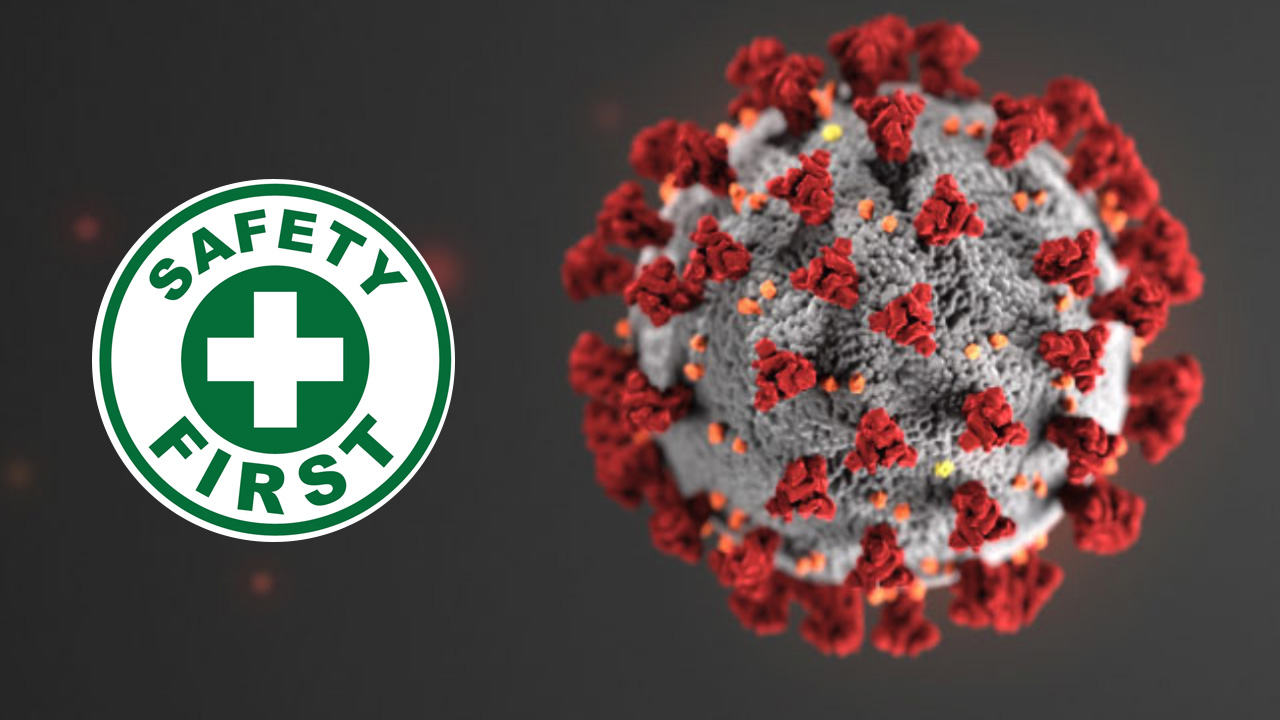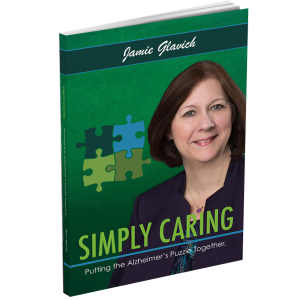Alzheimer’s disease is a progressive brain disorder that gradually destroys brain cells and affects a person’s memory, ability to learn, make judgements, communicate, and carry out basic daily activities.
Alzheimer’s is not considered normal aging. It is a progressive, fatal disease which has no cure.
Alzheimer’s was first diagnosed in 1906 by Doctor Alois Alzheimer. Today, in 2019, Alzheimer’s is the 6th leading cause of death in America. The Alzheimer’s Association has formulated the 10 Warning Signs of Alzheimer’s.
These 10 Warning Signs can mimic other forms of dementia. It is so important to seek a true diagnosis so that if the dementia symptoms are caused by a reversible medical condition, you will want to get treated.
Alzheimer’s patients usually die from complications related to a urinary tract infection (UTI) or pneumonia. Alzheimer’s affects the ability to swallow properly causing aspiration pneumonia or the ability to swallow completely shuts down. Alzheimer’s can last up to 20 years, but a typical lifespan is 6-8 years.
Alzheimer’s cannot be 100% diagnosed until an autopsy is performed. The State of Florida provides free brain autopsies under the Brain Bank. The Brain Bank was established in the 1980’s by the state legislature. Please visit the Department of Elder Affairs website for more information on the Brain Bank and the Alzheimer’s Disease Memory Disorder clinics.
Highlights from the book by Almost Home CEO, author Jamie Glavich, Simply Caring: Putting the Alzheimer’s Puzzle Together





